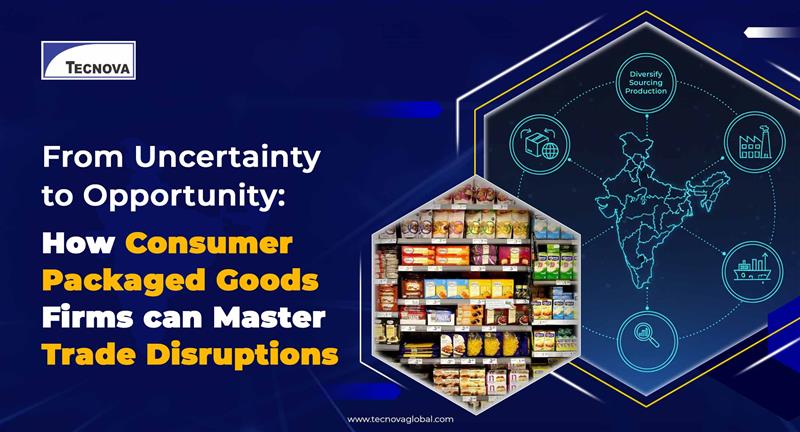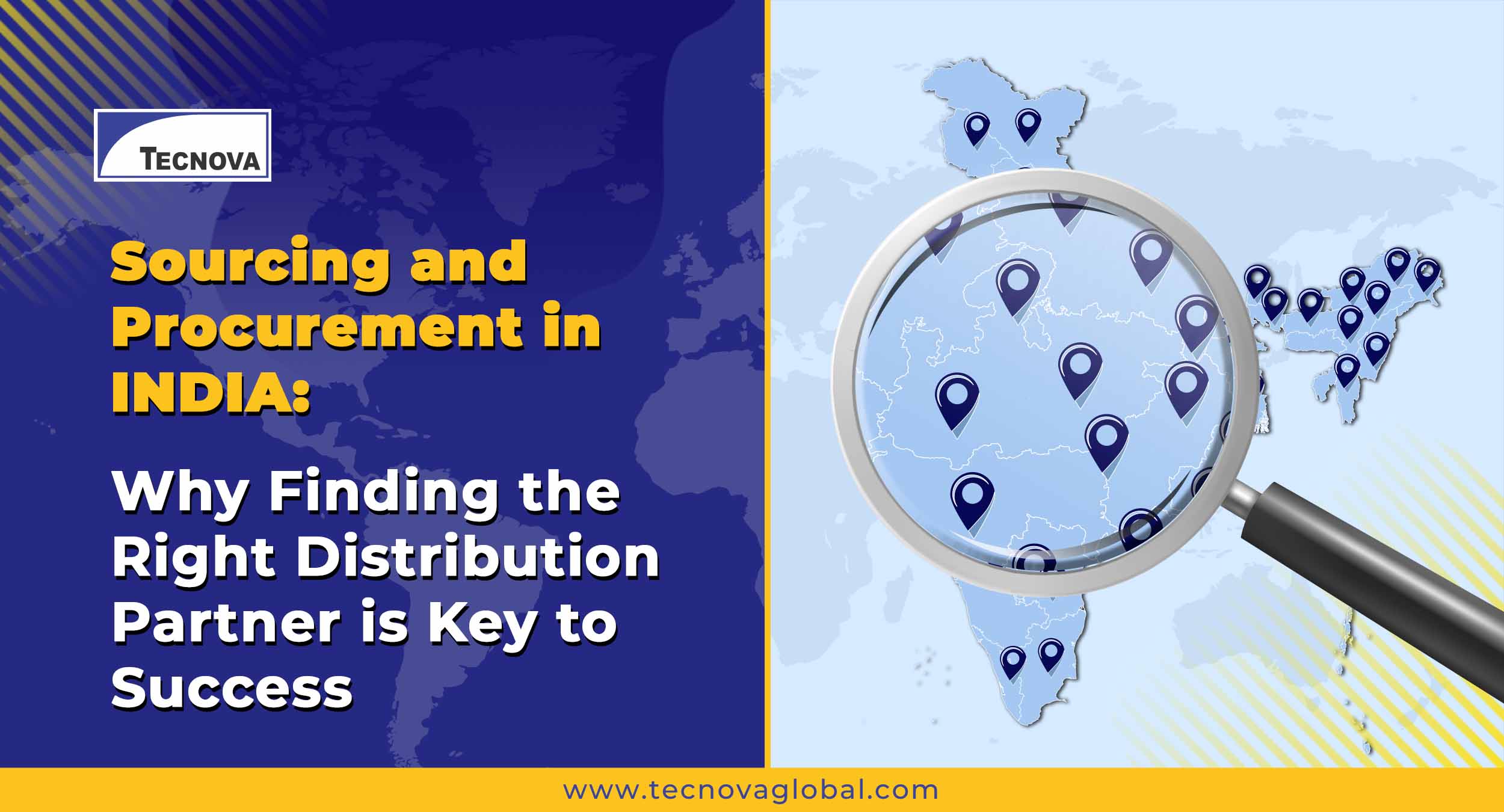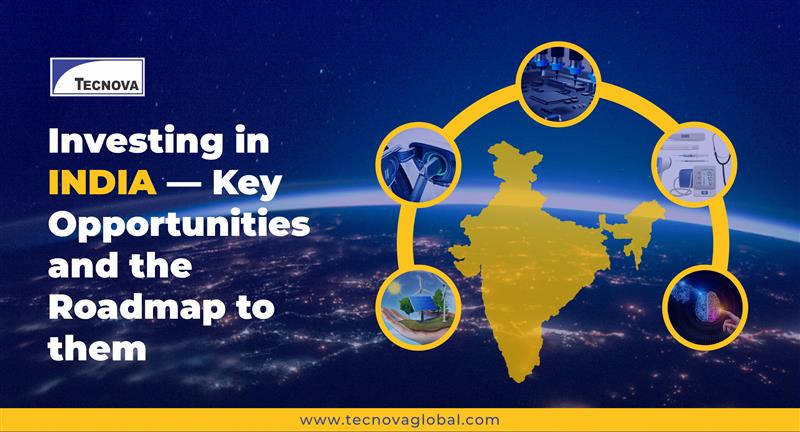Agri-Tech Adoption and Digital Farming in India: A Growing Hub for Innovation and Investment. According to recent surveys, India’s agriculture industry can contribute approximately USD 600 billion to the country’s GDP by 2030. However, its agri-tech segment only occupies 1.5% of the total market share. So, to encourage Agri-Tech Adoption and Digital Farming, the Indian Government launched the Digital Agriculture Mission (DAM) in September 2021. It will help businesses leverage the benefits of remote sensing, earth observation, data collection, cloud computing, machine learning/artificial intelligence models, etc. Thus, for multinational agri-tech companies, this is a golden opportunity to expand operations to an almost untapped market.
Top Agriculture consulting firms in India
The Rise of Agri-tech in India
Since ancient times, socio-economic uncertainties and rapid climate change have been the two main factors affecting agricultural activities in India. Thus, with the rise of digitization, the authorities began to look for ways to mitigate these factors and increase profitability in this sector.
This led to the rise of Agri-Tech Adoption and Digital Farming in India. It involves integrating technological innovations and modern techniques in current agricultural practices, which can decrease operating costs and improve returns.
Additionally, it includes unlocking new opportunities, solving the current issues in the agriculture industry, and ramping up food production.

Key Technologies Driving Agri-Tech Adoption and Digital Farming
Agri-tech adoption and digital farming is still in a nascent stage in India. As of now, some key technologies are driving its growth. They are as follows:
- IoT (Internet of Things) in Agriculture
IoT solutions are revolutionizing the way farmers make decisions regarding agricultural activities. They can help collect data from various sources and monitor weather conditions, choose the right type of fertilizers, manage and optimize their production processes, etc.
For instance, farmers can use IoT sensors like RFID chips to remotely observe and manage their crops and livestock. They can even get insights on how much pesticide they should use to reach optimal efficiency.
- AI (Artificial Intelligence) and Machine Learning Applications
AI and machine learning applications can help agriculturists process large volumes of unstructured data and help them make meaningful decisions. For instance, they can analyze data from sensors placed in mechanized farming equipment, crop monitoring systems, etc., and generate insights on resource allocation, energy consumption, water management, waste management, etc.
- Precision Agriculture Techniques
Precision agriculture is a technology-enabled farming management system that monitors, analyzes, and determines the needs of individual crops and fields. It leverages information management systems, yield mapping, and precise irrigation systems to provide cost-effective, sustainable and environmentally friendly solutions.
Additionally, precision agriculture monitors the overall farm health, identifies historical stress locations, and facilitates yield monitoring and forecasting. Thus, farmers can effectively reduce input costs, enhance farm productivity, and improve their overall profits.
- Remote Sensing Technologies and Drones
Thanks to the rapid agritech adoption in India, farmers can now leverage the benefits of remote sensing technologies via drones. They can use unmanned aerial vehicles (UAVs) to gain a bird’s eye view of their fields and perform crop health monitoring, soil surveys, livestock handling, etc.
Furthermore, they can identify barren and pest-infested areas and make informed decisions for the same.
- Blockchain in the Agricultural Supply Chain
Agriculturists can leverage blockchain technology to improve the traceability of transactions across the agricultural supply chain. All stakeholders on the network can access information related to seed quality, crop growth, farm productivity, etc. This enables them to develop and implement index-based crop insurance systems and intelligent farming methods.
Apart from this, blockchains can improve supply chain transparency which can help eliminate illegal transactions, enable customers to make informed purchases, prevent unethical crop production and distribution, etc.

Government Initiatives and Support
To promote Agri-Tech Adoption and Digital Farming in India, the government has introduced several initiatives. Some of them are as follows:
- National Agricultural Market (e-AM) Scheme
The National Agricultural Market (e-AM) scheme aims to facilitate free software and financial support to Agriculture Produce Market Committees (APMCs) within the country. Each group will get funds of up to USD 90,980 to develop infrastructure for cleaning, packing, composting, sorting, grading, etc.
They can also use these funds to purchase associated hardware like quality-monitoring tools.
- Incentivizing Drones and AI Applications
To encourage the use of remote sensing technologies, the Indian Government is offering incentives for farmers to hire drone services. Financial assistance of 40% up to a maximum of USD 4,800 is available for purchasing drones through Custom Hiring Centers under Farmer Producer Organizations, rural entrepreneurs, and the Cooperative Society of Farmers.
Challenges and Solutions for Agri-Tech Adoption and Digital Farming Industry
Now, several challenges stand in the way of agri-tech adoption and digital farming in India. Take a look at them, along with their probable solutions below:
- Inadequate Digital Literacy
Lack of adequate digital literacy among Indian farmers can be a big hurdle in agri-tech adoption. They may also be unwilling to adopt new technologies over their traditional methods.
Additionally, the high up-front installation costs can be another contributing factor.
Solution: Agri-tech startups and companies should create awareness among farmers and agriculturists on the benefits of adopting digital farming. Moreover, they should highlight the long-term profitability of investing in agri-tech solutions.
In India, most farmers have small and fragmented land holdings. This makes it difficult for them to go for large-scale agri-tech solutions, which are more cost-effective.
Solution: Businesses should collaborate with the authorities to promote sustainable agricultural methods. They can encourage farmers with small land holdings to pool their resources and implement agri-tech solutions to make their operations more sustainable.
- Lack of Proper Infrastructure
In India, rural infrastructure is still in the development phase. Many agriculturists may not even have access to basic infrastructure like electricity, smartphones, internet connectivity, etc. to integrate agri-tech into their farming practices.
Solution: Agri-tech startups should partner with the local authorities to help farmers gain access to the basic infrastructural requirements. They can also opt for agritech consulting services in India to analyze the local market, understand customers’ needs, and develop products that meet their requirements.
There are multiple intermediaries present in the agricultural supply chain. This reduces the profits of farmers, making it difficult for them to invest in digital farming solutions.
Solution: Companies can collaborate with the government to create systems that will help farmers connect directly with the consumers. This move will help significantly improve their profits, making agritech adoption easier for them.

Investment Landscape and Future Prospects
As per a market survey, India’s agri-tech industry can have a future value of USD 24 billion. Moreover, thanks to government initiatives, private equity investments in agri-tech companies have reached USD 792 million.
Also, this sector is currently almost untapped, making it an attractive business opportunity for foreign investors.
Now, there can be several regulatory and legal compliances for running operations in this country. However, partnering with agritech consulting services in India like Tecnova can help foreign businesses easily find solutions for such issues.
These firms can help them understand the applicable regulations, tax laws as well as incorporation procedures for setting up their companies.
Conclusion of Agri-Tech Adoption and Digital Farming
Given the almost untapped agri-tech adoption and digital farming industry in India, foreign companies have a golden chance of occupying a major share of this market. Additionally, the rising demand for food production and the government’s initiatives for encouraging agri-tech adoption will act as driving factors for its growth.
However, to develop effective solutions, foreign companies need to understand the local consumers’ pain points. In this regard, hiring agritech consulting services in India like Tecnova can be very useful.
They can help clients tap into the local market, understand the ongoing trends, and establish partnerships with Indian firms to sustainably run their operations.
Explore India’s emerging agri-tech market with Tecnova today!
Reference Links:
https://t.ly/cpPdk
https://t.ly/xbB3f
https://t.ly/7001H
https://t.ly/-BEoh





.png)







%20(1).png)
.jpg)



.png)






.jpeg)

















.png)

.png)









.jpg)




.jpg)





















































